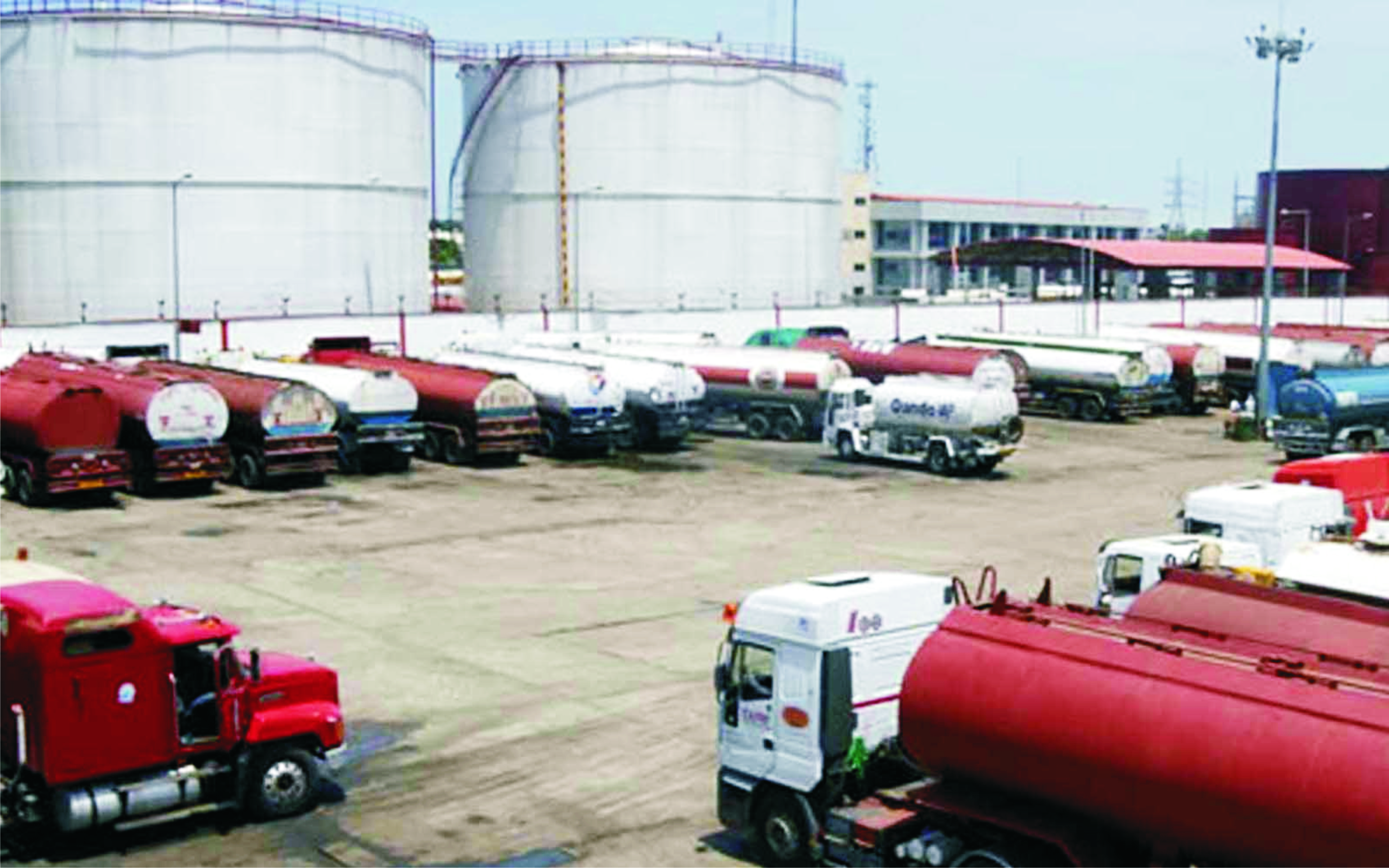Oil & Energy
Oil Price Crash: Nigeria Needs Emergency Measures – SEC

Acting Director-General of the Securities and Exchange Commission, SEC, Ms Mary Uduk, yesterday, disclosed that emergency measures needed to be put in place by the country to insulate the Nigerian economy against expected shocks caused by the falling crude oil prices and increasing spread of coronavirus.
Addressing newsmen in Abuja, on its forthcoming International Conference on Nigeria’s Commodities Market, Uduk stated that with the current state of things, Nigeria’s 2020 budget is already seriously threatened.
She maintained that the Nigerian capital market was not totally insulated from the global shocks, noting that the commission would continue to monitor developments in the global market to ensure that the effect on the Nigerian capital market was minimal.
According to her, the declining crude oil price if not properly managed, would affect Nigeria’s foreign exchange-earning ability and the capacity of the country to service its debts.
She called for a multi-sectoral approach towards addressing the challenges to ensure that the country does not plunge into another round of recession.
Uduk, however, commended efforts spearheaded by the Central Bank of Nigeria, CBN, noting that the apex bank needed to be supported by stakeholders across all sectors of the Nigerian economy in order to achieve meaningful results. She said: “In CBN right now, the government has convened a conference that is looking at how this thing is affecting the economy of Nigeria.
The budget 2020 is already seriously threatened because the country’s crude oil benchmark was at $57 per barrel, but as of last night when I was looking at a report on a news network, I saw that oil price had gone down to $31 per barrel. That is how bad it is.
“The government has to sit down and calibrate and look at what are the steps that are to be taken in order to avoid a recession if we are not already even there. And you know that will affect our ability to earn foreign exchange which is predicated on doing a lot of things. We have to service our debts and all of that. “It does not just have to be one sector it has to be a concerted effort, all of our needs to sit down and say what can we do and right now as we speak it is been done in CBN.”
“It does not just have to be one sector it has to be a concerted effort, all of our needs to sit down and say what can we do and right now as we speak it is been done in CBN.”
Uduk further stated that the forthcoming International conference on Nigeria’s commodities market was another platform for critical stakeholders to brainstorm on issues bothering on diversification of the Nigerian economy and the roles agriculture would play in insulating the Nigerian economy from the shocks in the global economy.
She commended the Federal Government’s efforts at diversifying the Nigerian economy and moving the country away from overreliance on one commodity, adding that agriculture remained an important part of that plan holding the potential of delivering on the country’s food security needs, providing jobs and increasing our foreign exchange earnings.
“The International Conference on Nigeria’s Commodities Market 2020 will gather relevant stakeholders in the commodities ecosystem to consider the most pertinent issues in growing the ecosystem in Nigeria, with the end goal of creating an enabling environment for the deployment of innovative solutions that improve processes, products, productivity, and the partnerships available in the market as well as enable investors to access various investment opportunities across the value chain,” the SEC boss noted.
Oil & Energy
NERC, OYSERC Partner To Strengthen Regulation

Oil & Energy
NLC Faults FG’s 3trn Dept Payment To GenCos

Oil & Energy
PENGASSAN Rejects Presidential EO On Oil, Gas Revenue Remittance ……… Seeks PIA Review

-
Maritime7 hours ago
Customs Declares War Against Narcotics Baron At Idiroko Border
-
Maritime7 hours ago
NIMASA,NAF Boost Unmanned Aerial Surveillance For Maritime Security
-
Maritime7 hours ago
Nigeria To Pilot Regional Fishing Vessels Register In Gulf Of Guinea —Oyetola
-
City Crime4 hours ago
NCSU Hails Fubara Over 2025 New Telegraph Man Of The Year Award
-
Maritime7 hours ago
NIWA Collaborates ICPC TO Strengthen Integrity, Revenue
-

 Business7 hours ago
Business7 hours agoBOI Introduces Business Clinic
-
Maritime7 hours ago
NIMASA GETS NEW MARITIME GUARD COMMANDER,ADOKI
-

 Business7 hours ago
Business7 hours agoDangote signs $400 mln equipment deal with China’s XCMG to speed up refinery expansion

